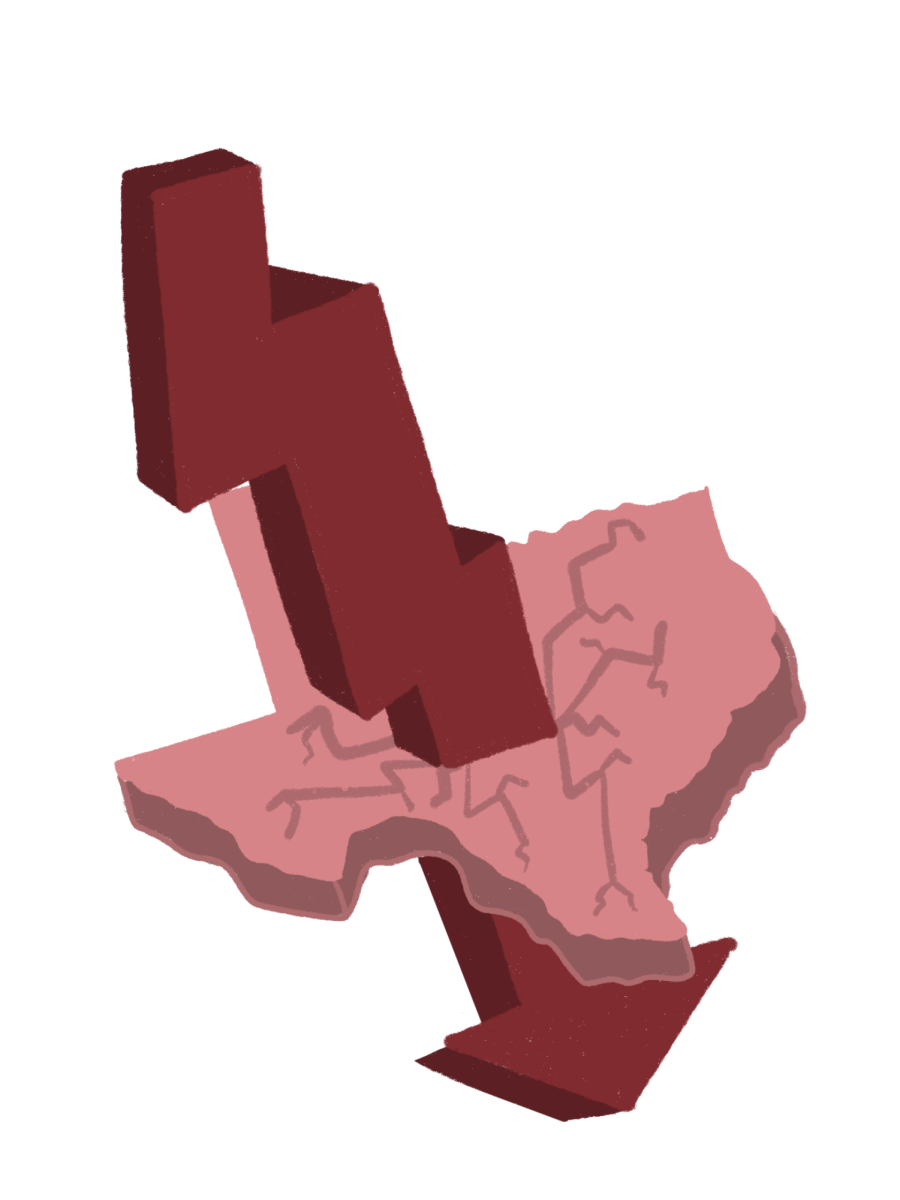Have students found themselves late on Sunday night, realizing that they have three tests and a project due the next day? Have they felt like they worked the entire weekend and yet there is still a mountain of work ahead? “Why deal with this?” they ask themselves. This is how the members of the LASA Union felt. As a result of the extreme workload, they have decided to form.
Reese Armstrong, the founder of the LASA Union and former student at LASA, explained that the school overworks its students. According to him, LASA’s school work leeched into every aspect of his life, from sleeping to family time.
“I feel like students should have a right to live their lives and not just be expected to work crazy hours all the time and sacrifice their health, their safety, their ability to see friends and family, their sleep,” Armstrong said. “For what?”
According to Armstrong, the entire point of LASA is no more than just another point for a student to include on their college application. Armstrong opposes this as he believes that the school should be more than that.
“The expectation should not be that you have to give up your life for LASA,” Armstrong said. “We should come together, and we should fight for something better. I would say that what keeps the system intact in a lot of ways is this idea that we have to live this way for the sake of college applications.”
Armstrong explained that the LASA Union hopes to get what it wants through collective bargaining. Armstrong has found that many people at LASA want change: like extending the due dates and advocating for a more defined balance of life and work.
“For example, a policy that would be great is to make schoolwork that is assigned one day not due immediately the next day if you have a double B week to give students time to do work,” Armstrong said. “And I think that all the demands are going to have to come from the students.”
LASA junior David Hamer, a LASA Union member, believes that something must be changed. He believes mental health should be high on the list of reforms and union demands.
“[The problems] vary a lot,” Hamer said. “There’s a lot of people saying there’s not enough mental health services at LASA [or just generally that] LASA is making mental health worse. People say there’s not a lot of time, outside of school and school work.”
Isaac Braman-Ray, a junior and the current co-chair of the LASA Union, thinks the union still needs more people for it to be effective. The LASA Union currently has about 8%, or 116 students, and according to the LASA Student Union social media, they do still plan to expand.
“We haven’t been able to accomplish much yet because we don’t have enough support …,” Braman-Ray said. “We might be a little above 8% now. We’re hoping to get up to 20% by the end of the year or more.”








